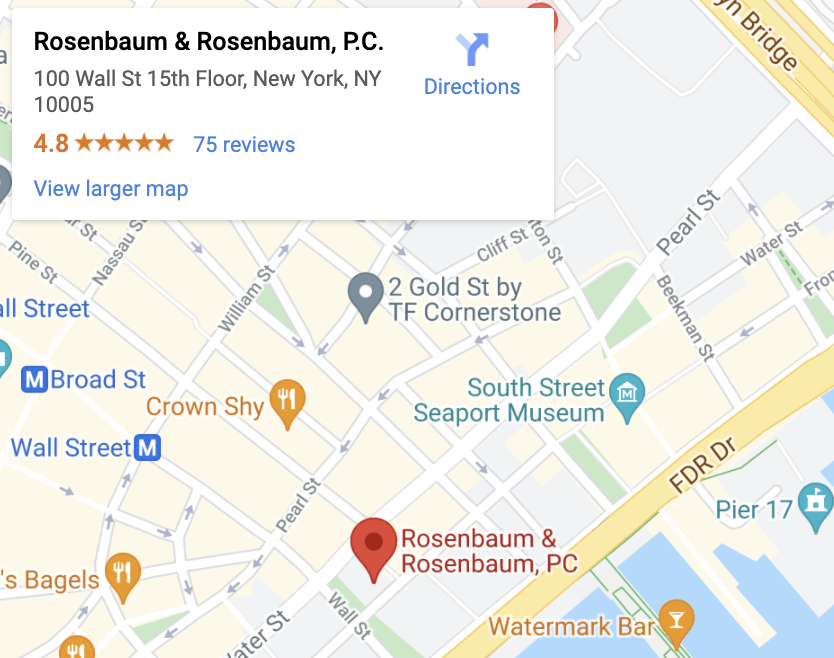Crushing Injury

Crushing injuries happen when a particular area of the body is subjected to intense pressure, resulting in damage to the bones and soft tissue. In the worst-case scenario, they can also lead to complications like nerve damage and kidney failure.
Even a minor crushing injury, like that occurring when you drop a heavy object on your foot, can take months or years to heal fully. And even after it heals, you might suffer long-term disabilities that prevent you from working or meeting your daily needs.
Here is an overview of the causes and effects of crushing injuries and the compensation you can seek for them.
Table of Contents
What Is the Function and Structure of the Musculoskeletal System?

The musculoskeletal system serves many vital purposes, including:
- Protecting your organs
- Giving your body its structure
- Providing strength and support
- Moving your body
Your musculoskeletal system includes bones and soft tissue.
Bones are primarily calcified tissue. Calcification occurs when bone cells use minerals like calcium and phosphorus to create a rigid mesh structure, allowing bones to be hard, brittle, strong, and light all at once.
Ligaments hold bones together at joints. These bands of tough, elastic tissue are strong enough to hold your skeleton together yet flexible enough to allow you to bend, twist, and pivot.
Tendons attach muscles to bones. Muscles enable movement and provide the strength to lift, carry, walk, and perform other motions.
All these structures, including your bones, are composed of living cells that require oxygen and nutrients to grow, heal, and move. Blood circulates through blood vessels in the bones and soft tissue to feed the cells.
The brain controls the muscles of the musculoskeletal system. This all-important organ manages the nervous system, which carries sensory signals via the nerves. It uses this information to manage the body’s movements and reactions. For example, if your foot slips, your brain may prompt your arms to reach out to catch something.
How Can a Crushing Injury Happen?
Sudden, intense pressure is responsible for crushing injuries.
For example, you could crush your hand by hitting it with a hammer in a workplace accident. Similarly, a crushing injury could happen during a pedestrian accident when a car impacts your body.
Crushing injuries can also result from pressure over an extended period. In a car accident, you might suffer a crushing injury that causes the firewall to collapse and trap your foot.
Some common causes of crushing injuries include:
- Falling objects
- Machines
- Moving vehicles
- Collapsing structures, trenches, or tunnels
A crushing force doesn’t necessarily need to produce a powerful impact. The weight of an object can cause a crushing injury even if it only compresses your body gradually — the injury results from the weight of the object rather than a sudden impact.
What Are the Effects of a Crushing Injury?
A crushing force can damage musculoskeletal tissue, nerves, and blood vessels running through the injured area. Some of the characteristic effects of a crush injury include:
Bruises
Bruises form when blood vessels rupture under the skin.
Internal bleeding causes:
- Soreness
- Swelling
- Discoloration
Even a deep bruise will heal in a few days or weeks without causing long-term damage.
Bleeding
A crushing injury can sometimes create open wounds as objects tear the skin and small blood vessels underneath. In a severe crushing injury, you might suffer a compound fracture in which a broken bone produces an open wound by piercing the skin.
It’s possible for accident victims to die from blood loss, and open wounds can become infected when microorganisms enter the body.
Shattered Bones
A comminuted fracture happens when a bone shatters into at least three pieces. Whenever a bone breaks into more than two pieces, at least one piece is typically left floating freely. As a result, doctors need to reconstruct the bone.
Bone reconstruction requires surgery to assemble the fractured pieces and secure them using screws and plates. If any bone fragments are missing or too badly damaged to survive the surgery, doctors might omit them or replace them with bone grafts.
Comminuted fractures can take up to a year to heal.
Massive Tissue Death
Because a crushing injury involves pressure over a broad area, your body will often suffer massive tissue death. The crushing force causes cells to rupture. Without their protective walls, the cells then die.
What Complications Can Occur from a Crushing Injury?
Crushing injuries can produce many complications that can cause long-term disabilities, including:
Damaged Blood Vessels
A crushed blood vessel might tear or collapse, rendering it unable to deliver blood below the injury site. And if a crushing force traps you, the pressure might cut off circulation in the injured area.
As a result, the tissues below the level of the injury are deprived of oxygen. If doctors can’t repair the blood vessels, they’ll need to amputate the crushed limb to protect you from complications like infection and gangrene.
Nerve Damage
Nerves can’t carry nerve signals when they’re stretched or torn by a crushing injury.
Symptoms of nerve damage include:
- Pain
- Numbness
- Tingling
- Paralysis
- Weakness
- Muscle spasms
- Loss of dexterity
Doctors can sometimes repair larger nerves with nerve graft surgery, but if they’re unable to, the nerves won’t grow back on their own, and you’ll end up with permanent nerve damage.
Crush Syndrome
Your kidneys filter waste products from your blood, including toxins and dead cells. The massive tissue death caused by a crushing injury increases the volume of waste products in your bloodstream. Crush syndrome occurs when these waste products overwhelm your kidneys and cause them to shut down.
How Can You Get Compensation for a Crushing Injury?
Employees who suffer crushing injuries in work-related accidents can seek workers’ compensation benefits, which are designed to cover consequent medical expenses and lost income.
However, if you’ve suffered a crushing injury in a non-work-related accident, you’ll need to prove negligence to be eligible for compensation. If you successfully prove negligence, the negligent party must repay your economic losses, such as medical costs and lost wages, and non-economic losses, such as disability, pain, and suffering. Even a relatively minor crushing injury that heals quickly could leave you disabled for months or years. Contact or call Rosenbaum & Rosenbaum, P.C. to schedule a free consultation and learn about the compensation you can seek for an accidental crushing injury at (212) 514-5007.

